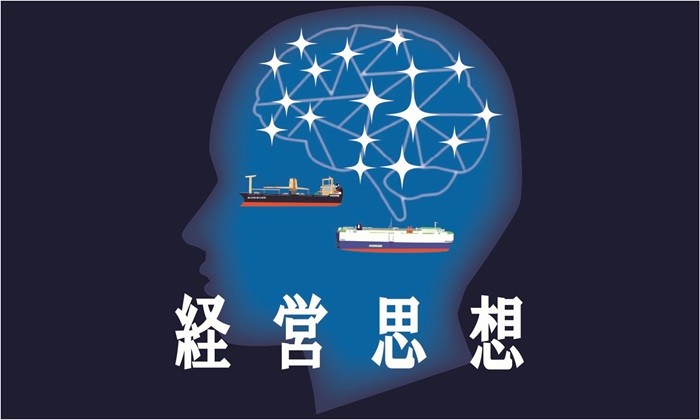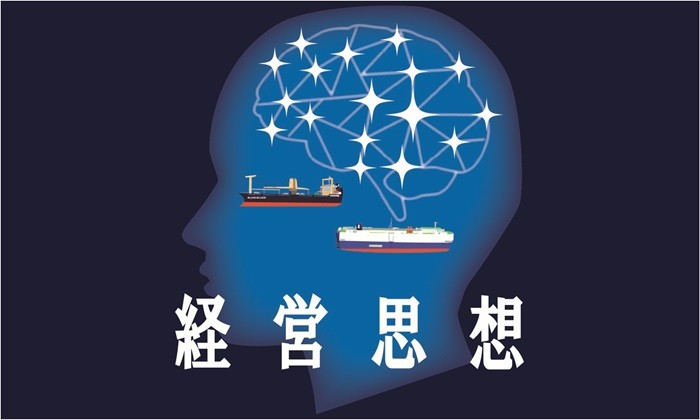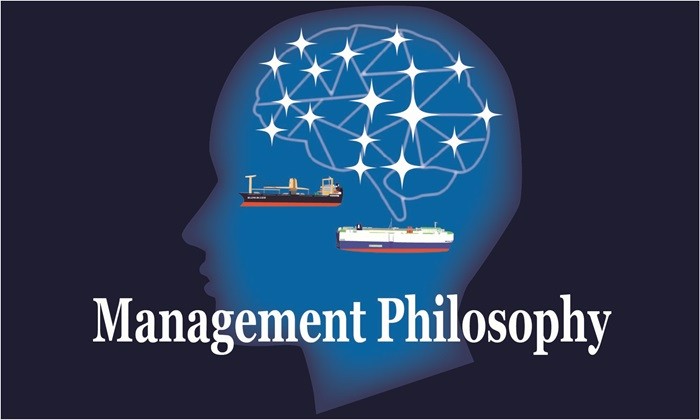Generally, in a company, the more competent an employee is, the more likely they are to be promoted. Eventually, they reach a position that exceeds their abilities, and at that point, they are regarded as an incompetent position-holder.
This theory was proposed by the educational psychologist, Laurence J. Peter. He highlighted the issues with promotions and performance evaluations within organizations and studied their impact on organizational efficiency and work environment. This is widely known as the "Peter Principle."
For example, in the sales department, an employee with a track record of collecting a large amount of cargo is recognized for their achievement and promoted to sales manager. However, if this employee lacks leadership qualities, they will be regarded as an incompetent sales manager at that point.
Similarly, in the technical department, an employee well-versed in maintenance and repairs is promoted to technical manager in recognition of their achievement. If this employee lacks leadership qualities, they will become an incompetent technical manager.
Furthermore, individuals who are skilled at flattering power holders may be promoted to high positions by gaining the favor of those in power. In this case, the individual was incompetent from the start, and their incompetence is merely amplified by promotion.
Thus, once a person becomes incompetent, further promotion only increases their level of incompetence. For example, if an incompetent sales manager or technical manager is promoted to a department head, a higher level of incompetent department head is created.
In the real world, an even more alarming phenomenon occurs. Individuals who have become incompetent due to promotion continue to work without being evaluated as incompetent position-holders. This is because, in such organizations, the top management is already incompetent due to the same phenomenon.
There are three methods to prevent this phenomenon of incompetence.
1. Do not link performance evaluations to promotions
Achievements in sales or technical skills should be rewarded with monetary compensation, not promotions.
2. Clarify the roles, necessary abilities, and qualities required for each position
2. Clarify the roles, necessary abilities, and qualities required for each position
By clearly defining the roles, abilities, and qualities required for higher positions, employees' goals will become clear.
3. Understand that qualities required for higher positions cannot be acquired through education or training
While the abilities required for higher positions may be acquired through education or training, qualities cannot be acquired.
3. Understand that qualities required for higher positions cannot be acquired through education or training
While the abilities required for higher positions may be acquired through education or training, qualities cannot be acquired.
1





ben 2025-02-23 09:59:07
I think there is a limitations of the Peter Principle. 1. Adaptability and Growth The principle underestimates people's capacity to adapt and grow. Continuous learning and development can help employees acquire necessary skills for new roles. 2. Cross-Functional Experience Promotions provide diverse experiences, enhancing overall business understanding and problem-solving skills. 3. Dynamic Competence Competence evolves with time and experience. A culture of mentorship, coaching, and continuous feedback can bridge gaps in abilities. And I also have the the counterpoints to Proposed Solutions. 1. Performance Evaluations and Promotions Linking evaluations to promotions can be beneficial when done correctly. High performers can be motivated and organizational success driven by recognizing and promoting them with leadership training. 2. Clarifying Roles and Abilities Roles and necessary skills should be defined, but leadership qualities can also be developed through targeted training and opportunities. 3. Education and Training for Leadership Leadership qualities can be taught and honed through education and development programs. Innate traits are important, but many aspects of leadership are learnable. Conclusion While the Peter Principle highlights risks in traditional promotion practices, with the right support systems and trainings, employees can rise to meet new challenges. I guess that's the conclusion you were hoping for. Here's where it gets interesting. But actually it is very difficult to providing the right support systems and trainings because of the followings. 1. Cost and Time The right support systems and trainings can be expensive and time-consuming for the company. 2. Strong management's will The right support systems and trainings require strong commitment to develop human resources in-house by top management. 3. Tailored Programs The right support systems and trainings needs to meet diverse types of employees. 4. Measuring Effectiveness It is difficult to evaluate the success of the right support systems and trainings and it can be complex. They need a regular updates and refinements based on feedback are necessary. 5. Outsource For these reasons, the right support systems and trainings are outsourced. However, because appropriate support systems and training need to be tailored to diverse employees, it is a waste of time and money to have employees take standardized training outside the company. In the first place, the decision to outsource the right support Systems and trainings are not felt a strong will by management. So, my objection has not been realistic and Peter was right. Throw away your ideals and you should distinguish between stones and gems. Ha ha ha
Login to comment
サインイン